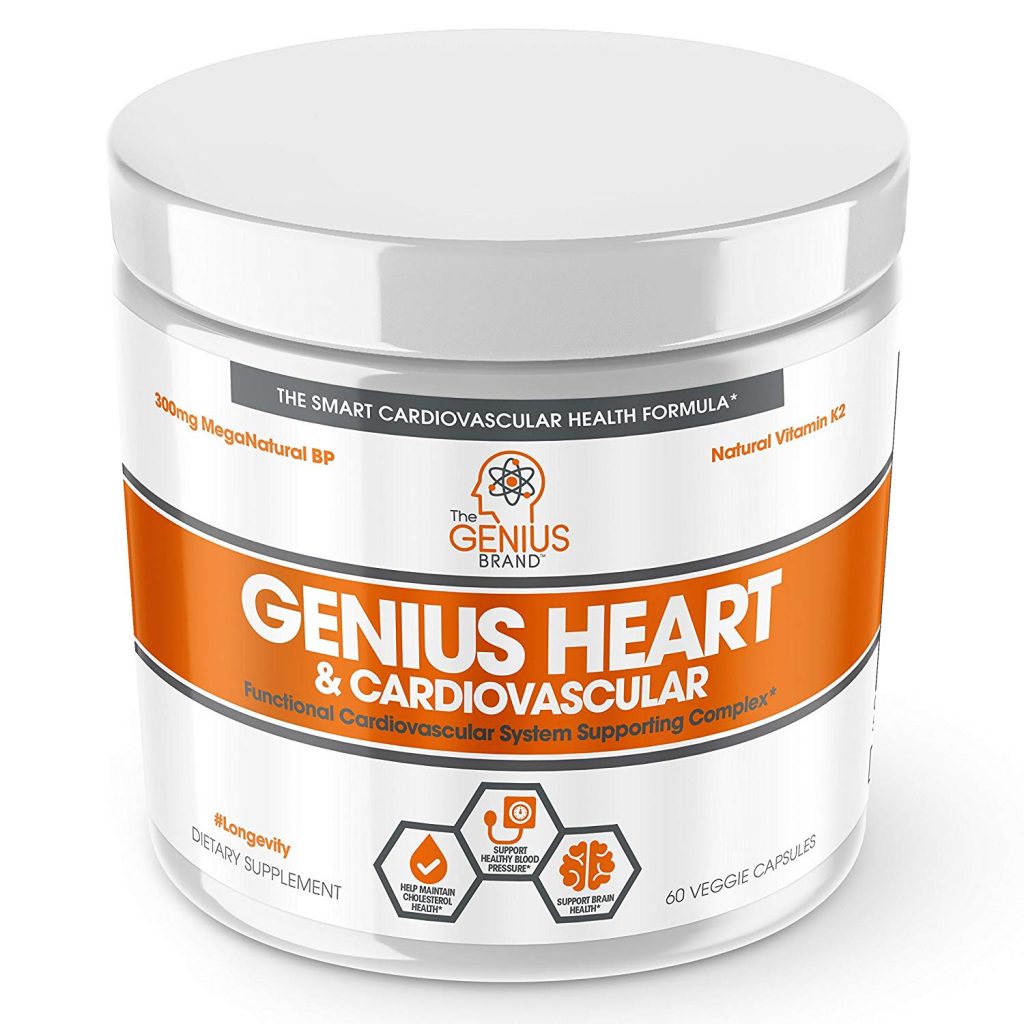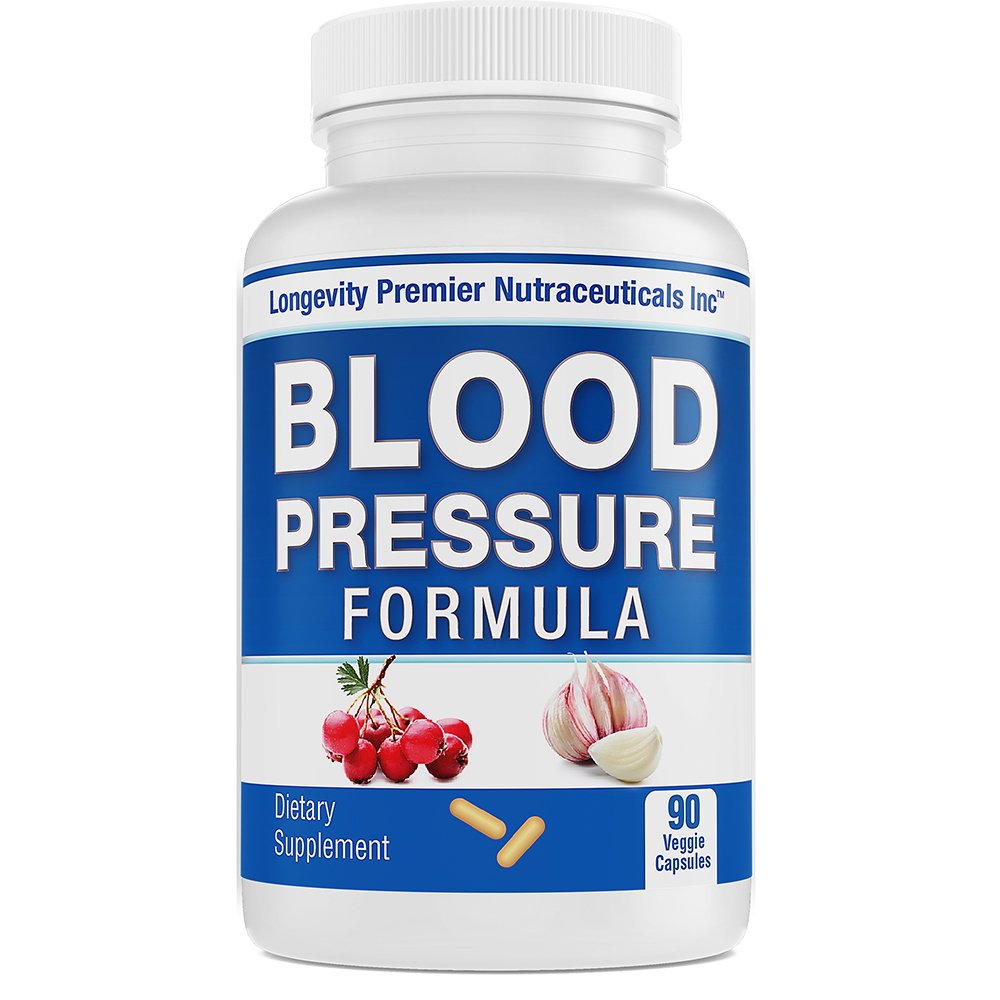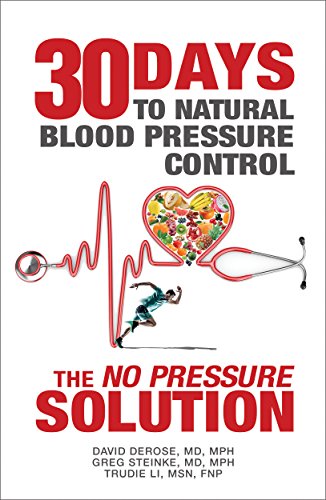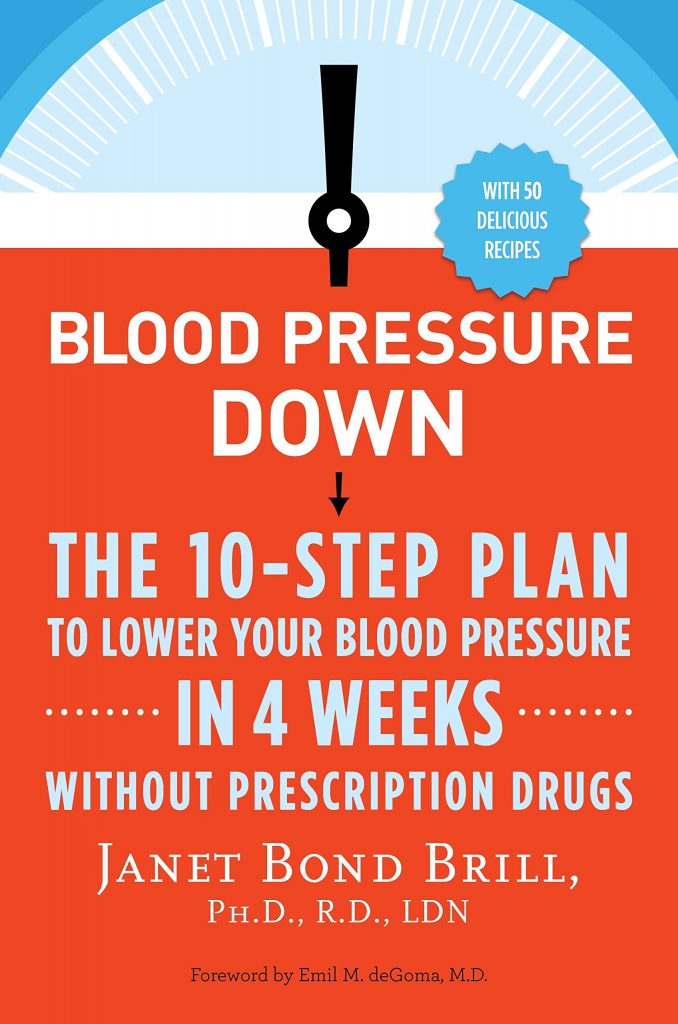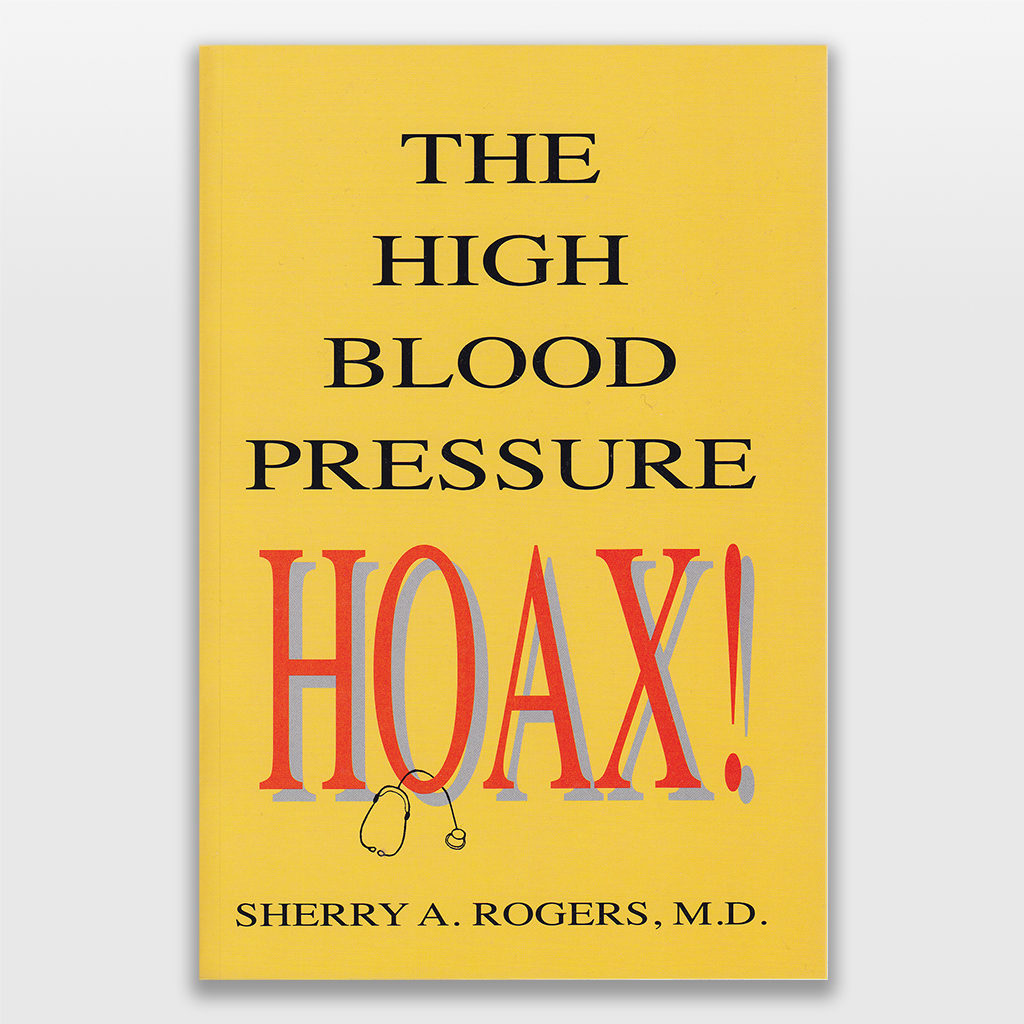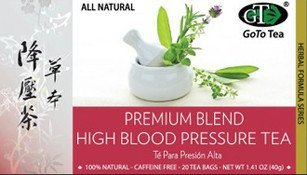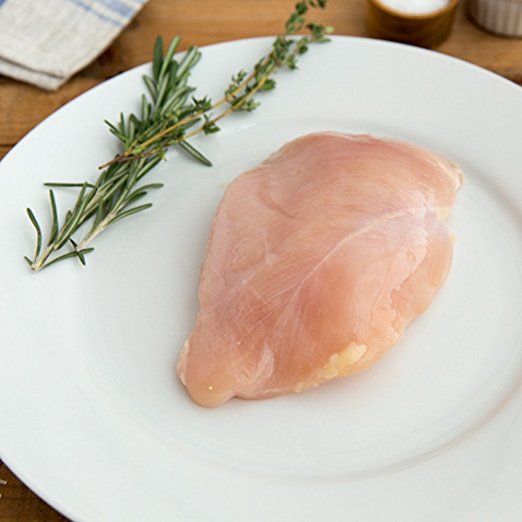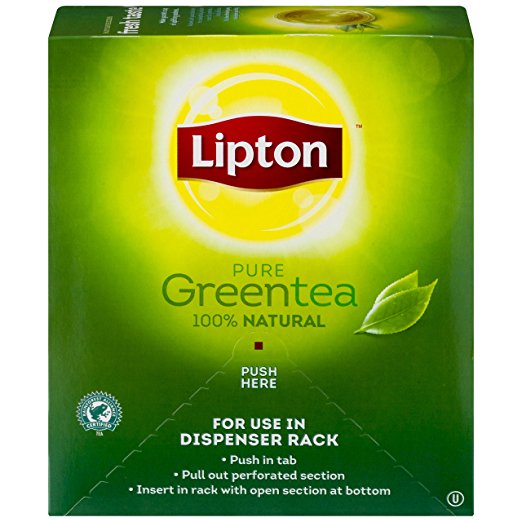As we all know, high blood pressure is one of the widest spread diseases of our time. So, what is in fact blood pressure and why is it so dangerous?
Simply said, blood pressure is the force of the blood on the blood vessel walls and the higher that pressure is – the harder the heart has to work in order to continue pumping the blood. High blood pressure is also known as hypertension, and it’s usually not particularly dangerous when it’s isolated. The actual problem is when hypertension starts causing a bunch of other diseases, such as atherosclerosis, stroke and ultimately – heart failure.
Ever wondered what’s considered a normal blood pressure? Well, it’s 120/80, where 120 is the systolic, and 80 is the diastolic blood pressure. Anything over those values can be consider high blood pressure, although the higher it is – the more dangerous it is.
What’s
the cause of the high blood pressure?
There are many well known factors that contribute to the development of this disease and even though most of them are quite easy to avoid, the world doesn’t seem to be willing to put in the effort.
Those factors include being overweight or even obese, stress, smoking, the lack of appropriate physical activity, too much salt, too much alcohol and basically, too much anything, as well as the genetics and family history, along with thyroid disorders. Stress, as well as the lack of sleep, are also one of the major reasons, both for blood pressure, and a lot of other conditions related to it.
Overall, we can say that the main cause of the high blood pressure is the unhealthy lifestyle, rich in stress and anxiety, and the exact one that makes us pay less and less attention to the proper diet.
Which
symptoms should you watch out for?
There’s a reason that high blood pressure is called the silent killer and that’s because it usually doesn’t show any symptoms at all, until it reaches the crisis point.
That crisis point occurs once the blood pressure precedes the 180/110 mmHg value and at this point the most common symptoms are:
- Headache, almost always;
- Nausea, followed by vomiting;
- Impaired, blurry or even double vision;
- Dizziness due to all of these;
- Bleeding from the nose and
- Overall shortage of breath.
Most people ignore the symptoms, thinking that they’re going to be okay once they subside, but as we mentioned, untreated hypertension always leads to complications. Since they can be prevented, it’s best that you contact your healthcare provider as soon as possible, so he can recommend you the proper way to fight this medical condition.
If your blood pressure is elevated, but not surpassing the crisis point, here are some things you can do by yourself to improve your health and lower it:
- Make changes to your diet. This is the crucial one, hence the number one on this list. This can be done very easily by for example reducing the salt intake, as well as alcohol and caffeine intake, as those are known to be the most common blood pressure moderators. As easy as it is to do this, most people seem not to be willing to do it –and that’s why this condition is so widespread.
- Add physical activity to your daily routine. As little as 30 minutes a day can reduce the chances of high blood pressure significantly. This doesn’t mean that you have to join the gym and start lifting weights, don’t get discouraged. You can always start taking walks, start running or download a fitness app and start doing bodyweight exercises at home. Start as soon as you can, and tailor the activity so it fits your lifestyle.
- Relax. Studies have shown that high stress and an irregular sleeping pattern cause high blood pressure, and this can easily be avoided by including meditation or yoga in your daily routine.
In case you have really high blood pressure, chances are you’ll be prescribed certain medications, in order to keep it under control, but this also means that you have to follow the previous advices we mentioned, because the medication is not going to be enough if you continue feeding this disease.
Best High Blood Pressure Treatments


